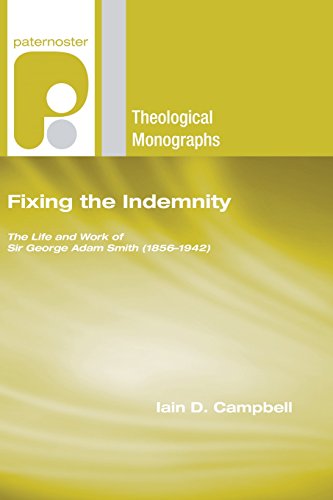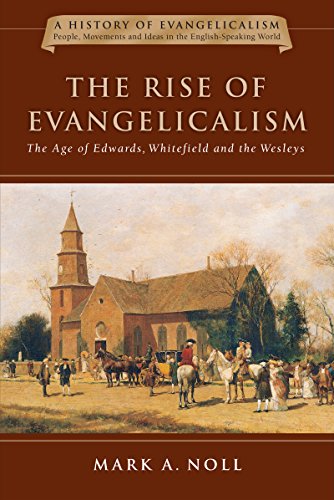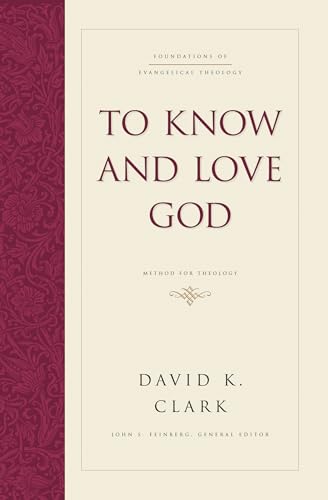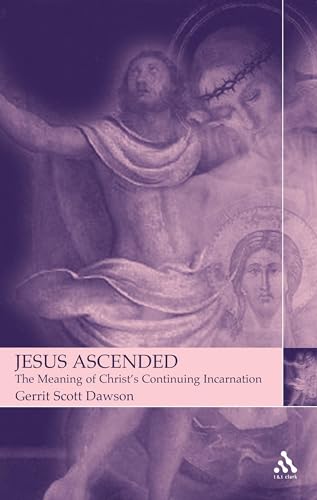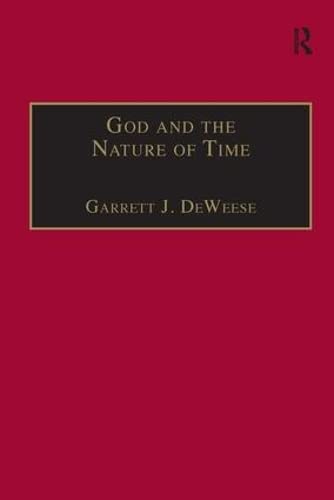FIXING THE INDEMNITY—THE LIFE AND WORK OF SIR GEORGE ADAM SMITH (1856–1942)
Written by Iain D. Campbell Reviewed By Walter MoberlyRecent hermeneutical theory has drawn to our attention something that should always have been obvious. If we are to understand biblical interpretation, then we need to look not only at biblical texts in their contexts, but also at biblical interpreters in their contexts. Where one stands makes a difference to what one sees, and how one sees it. An understanding of biblical interpretation in the modern world therefore requires books such as this one (whose interest is in history not hermeneutics).
I don’t imagine that George Adam Smith still features on many undergraduate reading lists. His Historical Geography of the Holy Land might occasionally be mentioned (I read it not as an undergraduate but as a postgraduate doing some homework for leading study tours of Israel). His once-famous expositions of Isaiah, Jeremiah and the Twelve, however, seem to be largely forgotten, though they are not uncommon in second-hand bookshops. For biblical interpretation Smith’s significance is that he was probably Scotland’s prime popularizer of the historical-critical approach to the biblical text developed in nineteenth-century Germany. As such he was comparable to S.R. Driver in England. Many people felt that Smith showed that not only was biblical criticism compatible with evangelical faith, but that the Bible could be read more engagingly when freshly linked to Israel’s history; and this became mainstream scholarly orthodoxy for much of the twentieth century.
Campbell tells the story of Smith’s life and work in this well-researched monograph. Smith was born to missionary parents in India; as a student in Edinburgh he was enthusiastic about a Moody and Sankey mission; he spent time studying in Germany; as a Free Church pastor he expounded Scripture with a strong existential challenge, and also took seriously social dimensions of the gospel; he was an inspiring and memorable professor in Glasgow; and he was Principal of Aberdeen University for twenty-five years. Yet this bald outline is richly filled out with a setting in, and analysis of, the wider contexts of church, academy and society in late nineteenth and early twentieth century Scotland. Something of Smith’s stature is indicated by fascinating vignettes; Prime Minister Lloyd George presented General Allenby with a copy of Historical Geography before Allenby’s campaign which led to his capture of Jerusalem in 1917; Smith served as an Allied Ambassador to the USA in 1918, where he had an audience with Woodrow Wilson.
Campbell tells the story well. He writes lucidly and interestingly, and his judgments are generally well-informed and fair. It is on the central issue of biblical interpretation, however, that I found Campbell’s judgment less well-informed than elsewhere. Campbell makes clear from the outset that he believes Smith to have been misguided and mistaken in his embrace of historical-critical analysis of Scripture, which Campbell thinks diminishes the true revelatory significance of the OT (though he still clearly respects Smith for his undoubted integrity and faith). Although I think Campbell is right that in important ways Smith was wrong, his approach gives rise to two slight problems for the book.
On the one hand, Campbell does not know and understand and debates of modern biblical scholarship well enough to avoid a certain occasional misrepresentation and unfairness to Smith in his evaluations. On the other hand, Campbell makes no use of the implications of recent hermeneutical work—I think especially of the landmark contributions of Thiselton—to see that the frames of reference utilised both by Smith and by most his critics may in fact be open to question. What Smith thought of as a victory for modern criticism over traditional theories was only one battle in a much bigger campaign, which is now increasingly fought on different ground. Campbell’s failure to see the deep inadequacy of certain nineteenth-century conceptual categories, liberal and conservative alike, is perhaps the one weakness in an otherwise excellent intellectual biography.
Walter Moberly
Durham University


